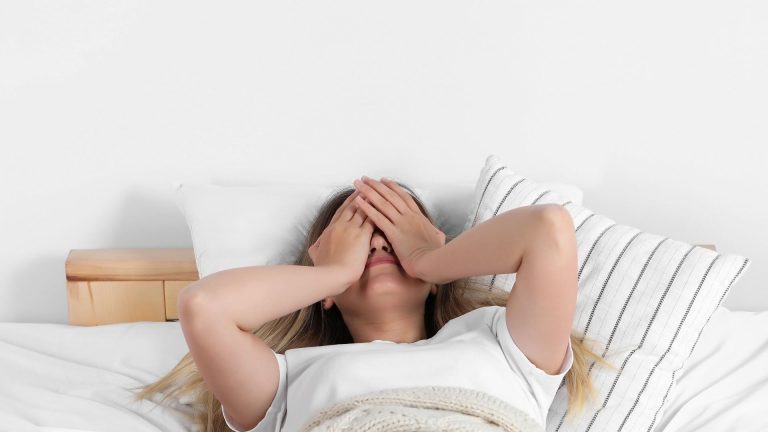Katarzyna Kucewicz: I weighed 143 kilograms. I wanted to feel what it was like to be a slim person

I believe that the so-called Slimming injections, i.e. GLP-1 analogues, are drugs that save many people. Saying that sick people take the easy way out because they take injections is, for me, comparable to telling people that they take the easy way out because they take antidepressants. After all, “they could go out into the sun, smile, dance” and maybe they would get over it – explains Katarzyna Kucewicz, psychologist, author of the book “Weight from the head” in “Wprost”. She lost 65 kilograms and today she educates, talking about her reduction process.
Paulina Socha-Jakubowska, “Wprost”: I admit that I had a lot of fears before this conversation, because I already know what comments on the Internet will look like. Many people cannot imagine that a “fat woman” would raise such a topic. Bah! Plus-size people are most often thought of as “neglected, without fundamental knowledge about nutrition and sports.” He treats them like children who need to be explained that overweight and obesity “are what they are”.
Katarzyna Kucewicz: I'm no stranger to your feeling and the fatphobia you fear or expect, because I've been struggling with it all my life.
I suffer from stage 3 obesity, now I am simply in remission, but I have been struggling with obesity since I was a child.
I have been working in the media for over a decade, giving interviews, commenting on many topics, and appearing on television. I was also affected by fatphobia, often completely unrelated to the topic I was discussing, so people commented on my appearance anyway, even though I didn't say anything about weight loss.
This is an element of the ubiquitous, enormous fatphobia that we are dealing with in Poland.
Only in Poland?
I say Poland because I have the impression that Western societies are much more accepting of diversity, including the diversity of our bodies. However, we still live in a culture of certain canons that tell us to be slim, because that is the only thing that makes us mean something and that we are valuable.
Such fatphobia very often appears under the guise of advice, suggestions, comparisons that “if I can do it, you should also take care of yourself/eat less/exercise more”, while you have to tell yourself right away that obesity is a disease and it really is. It is not as easy to cure it as it seems to all Internet experts.
Many patients actually eat right, take physical activity as much as they can, and often it doesn't help. They fail to overcome this disorder. What's more, sometimes it works, but after some time the weight comes back, because it is a disease that likes to come back. Not only do we all know examples of people from the front pages of newspapers, but there are probably some of our friends who lost weight and then gained it back.
I am such an example myself. Are you afraid of relapse?
I have been very obese all my life, but so far my weight after reducing it has remained stable for a year. I changed my lifestyle, thinking style, functioning style.
I suspect that as soon as there is a risk of relapse, I will stop in time. I hope so, but I don't know how it will be 100%, because it is a really insidious disease. So what if I “already know everything about it”, that as a psychologist I have prepared really well for the change and I really can't be fooled on this topic.
So what if, despite everything, I still have attacks of hunger, attacks of doubt, situations in which the feeling that I have to eat something is so strong, so overwhelming.
A person who is not obese will not understand what it means. He will not understand what hunger is, which results, for example, from insulin resistance or simply obesity, which is generated by disorders related to the secretion of ghrelin and leptin, hormones responsible for the feeling of hunger and satiety.
What is internalized fatphobia?
The point is that we are so immersed in the diet culture and the canons of thinness that we begin to use a fatphobic narrative towards ourselves. Even though we know that obesity is a disease that is not easy to overcome, as an internet troll suggests.
If someone has been telling you for years that the “MŻ diet”, i.e. “Eat Less”, is enough, if you go to the doctor and the doctor asks, without mincing words, “what have you done to yourself”, I heard it myself, it is difficult to keep optimism, faith in change, maintain self-esteem.
It's very easy to doubt and start thinking that there's something wrong with me when the doctor says I messed up, I made a joke, that I'm about to ruin myself. The narrative still prevails among many doctors: “if you're not losing weight, it means you're not trying hard enough.”






